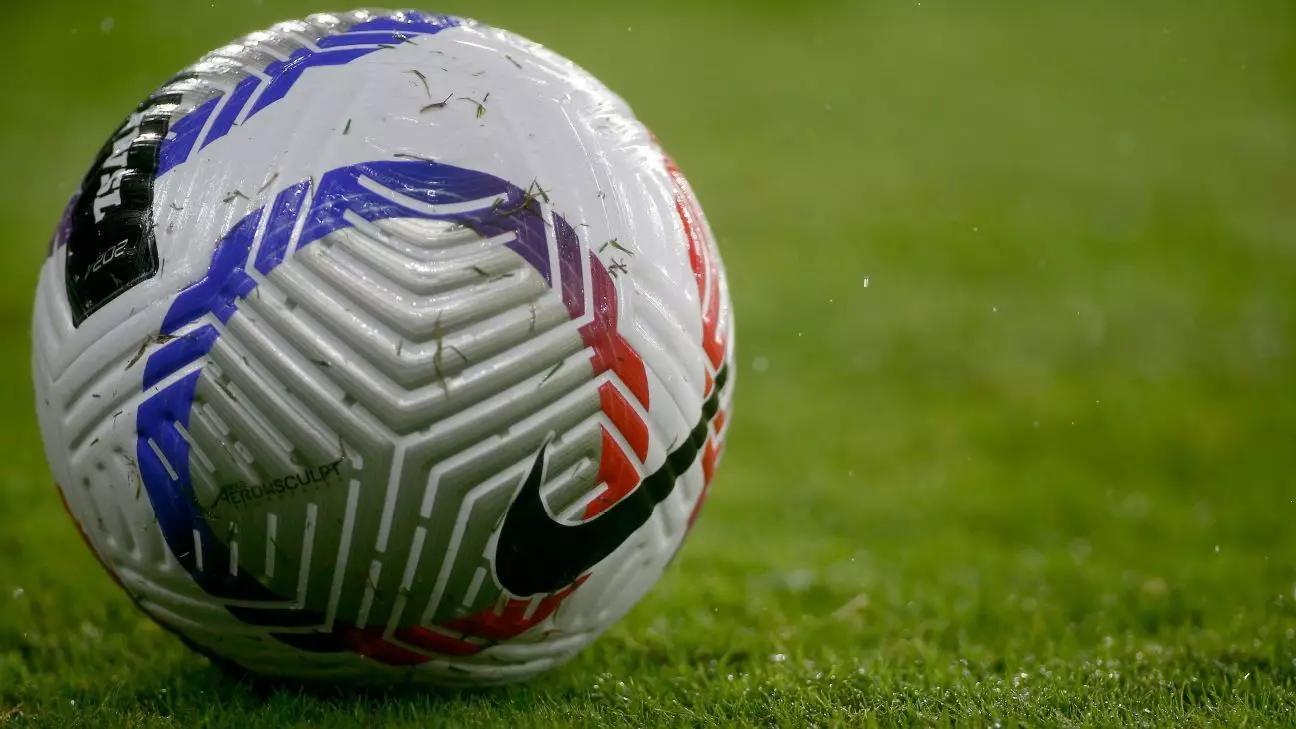The Shadow of Misconduct: A Legal Battle Unfolds in Women’s Soccer
In the world of women’s soccer, where teamwork and passion often take center stage, a darker narrative has emerged. San Diego Wave FC, a team celebrated in the National Women’s Soccer League (NWSL), is now caught in the throes of a serious legal battle. This isn’t just a story about a lawsuit; it’s a tale of courage and the pursuit of justice against the backdrop of alleged misconduct. As someone who cherishes the spirit and integrity of sports, it is disheartening to witness such turmoil.
The lawsuit stems from allegations made by five former employees who have come forward with claims that go beyond your typical workplace grievances. Accusations range from sexual harassment to wrongful termination, painting a picture of a toxic work environment. Brittany Alvarado, one of the first to voice her concerns last summer, claimed that under the leadership of President Jill Ellis, the club fostered an unhealthy atmosphere. Although initially dismissed by the club as unsubstantiated, this legal action has brought these issues back into the spotlight.
For those invested in the progress and well-being of women’s sports, these revelations are troubling. It’s not just about one club or one league; it’s about how we treat those who dedicate their lives to this beautiful game. The allegations have sparked a broader discussion about workplace culture and safety, reminding us all of the importance of creating environments where everyone feels respected and heard.
Key Takeaways
- The lawsuit involves serious allegations against San Diego Wave FC and highlights potential systemic issues within the NWSL.
- Accusations include sexual harassment, discrimination, retaliation, and wrongful termination.
- The allegations have reignited discussions about workplace safety and accountability in women’s sports.
- This case could significantly impact future policies and practices within the league and beyond.
The Allegations Unveiled
According to the lawsuit, San Diego Wave FC’s leadership is accused of fostering an “abusive and hostile work environment.” This claim suggests that employees felt stifled when it came to raising concerns, fearing repercussions for speaking out. It’s alleged that numerous staff members reached out to the NWSL for help but were met with silence or inadequate responses. The recent accusations serve as a stark reminder that ensuring a safe workplace is an ongoing challenge that requires constant vigilance.

One particularly harrowing account comes from Jane Doe, a first-season hire who alleges multiple instances of sexual assault after joining the club. Tragically, her fear of retribution kept her silent for too long. Her eventual plea for help resulted in her being placed on leave and subsequently terminated. This situation underscores a pervasive culture of fear where individuals feel their careers are at risk if they report misconduct.
The NWSL’s Role Under Scrutiny
The lawsuit also casts doubt on how effectively the NWSL manages complaints and conducts investigations. The league’s inquiry into Wave’s alleged misconduct reportedly centered on whether the club was aware of Jane Doe’s experiences rather than addressing actions taken in response to complaints. When terminology used in her reports—such as “assault”—was questioned for clarity, it highlighted gaps in handling sensitive issues appropriately.
This raises ethical questions about whether current standards are sufficient when dealing with cases involving sexual misconduct. The league must reflect on its processes to ensure they’re robust enough to protect all employees while holding those responsible accountable.
A Moment for Change
This lawsuit complicates ongoing efforts by the NWSL to tackle systemic issues within its ranks. In recent years, high-profile investigations have sought to address patterns of abuse across teams. Notably, one led by former U.S. Attorney General Sally Yates revealed enduring problems within the league. In response, sweeping reforms were implemented—coaches found guilty were removed from their positions and franchises involved in abusive environments faced consequences.

However, despite these efforts towards reforming organizational culture across clubs like San Diego Wave FC remain questionable given new allegations emerging now more than ever before! It begs asking whether enough has truly changed since previous scandals rocked this sport’s foundation worldwide?
Final Thoughts
The unfolding legal drama around San Diego Wave FC presents an opportunity for reflection—not just for those directly involved but also across women’s soccer globally! As this case progresses through courts potentially reshaping future policies/practices related specifically towards safeguarding athlete welfare going forward – we must remain vigilant advocates championing transparency/responsiveness amidst rising calls demanding accountability wherever warranted without exception whatsoever!
women’s soccer
NWSL
legal battle
workplace misconduct


Leave a Reply